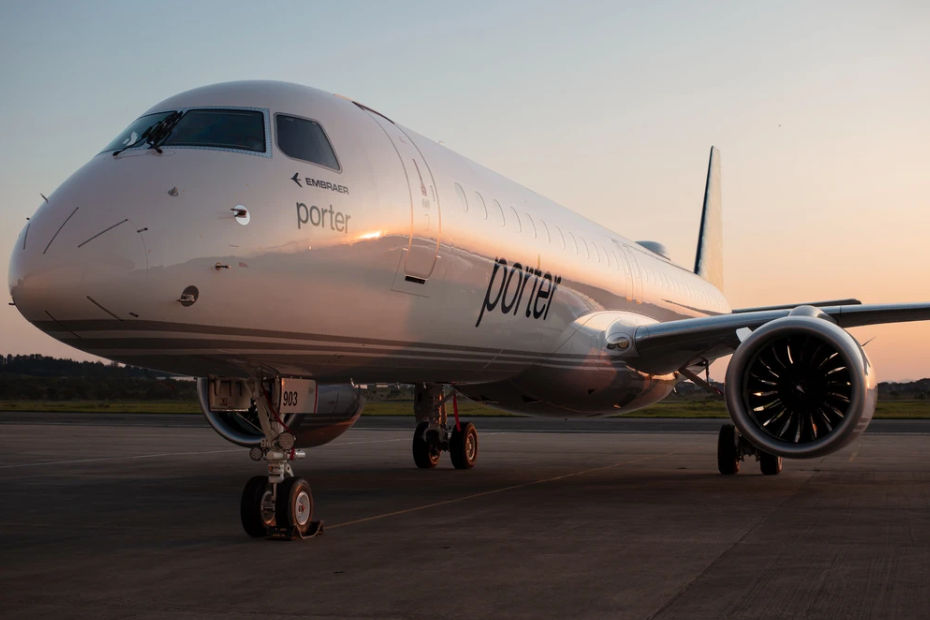EasyJet Orders 12 Additional Airbus A320neos, Announces Hybrid-Electric Research Agreement
- Joe Breitfeller

- Nov 19, 2019
- 2 min read
Updated: Jan 11, 2020
Airbus announced Tuesday that easyJet has ordered 12 additional A320neos, bringing their total A320neo Family orders to 159 and combined A320 Family to 480 aircraft.

On the third day of the 2019 Dubai Airshow, Airbus announced that easyJet has converted an order for 12 additional Airbus A320neos to a firm order. This brings easyJet’s total A320neo Family orders to 159, and their overall orders/deliveries of A320 Family Aircraft to 480. Currently, easyJet operates more than 1,000 routes utilizing 333 A320 Family aircraft, serving over 155 European cities in in over 30 countries. EasyJet took delivery of their first A320 Family aircraft in 2003, and currently operates the largest A320 Family fleet in Europe.
The A320 neo can seat up to 240 passengers, offering a 50% reduction in noise and 20% savings in fuel burn. The A320neo Family also offers the widest single-aisle cabin in the sky and incorporates advanced technology, sharklets and new generation fuel-efficient engines. At the end of October, Airbus has booked over 7,000 orders for the best-selling A320neo Family of aircraft from over 110 global customers.
EasyJet also announced today that they have entered a hybrid and electric research agreement with Airbus, as part of their combined vision to “decarbonize” aviation. The memorandum of understanding (MoU) signed today relates to a joint research project on both plug-in hybrid and fully electric aircraft. The companies will collaborate on three distinct work packages that define the requirements for the large-scale introduction of next generation commercial aircraft. In Tuesday’s announcement, easyJet’s CEO, Johan Lundgren said,
“easyJet has a long tradition of efficient flying and a long-term partnership with Airbus. Our priority is to continue to work on reducing our carbon footprint in the short-term while we work to support the development of new technology, including hybrid-electric planes which promise to radically reduce the carbon footprint of aviation. I am therefore delighted to be working with Airbus on a new hybrid and electric plane research partnership. The project will aim to identify the detailed technical challenges and requirements for hybrid and electric planes when deployed for short haul flying around Europe so we can help shape the technology and airline networks in the future. We hope this will be an important step towards making hybrid electric planes a reality.”
The collaboration announced today builds on easyJet’s current partnership with U.S. startup Wright Electric, which has the goal of building an all-electric commercial passenger jet within a decade. Wright Electric is currently working on an engine that will power a nine seat commuter aircraft. Wright's partner, Axter Aerospace, already has a two-seat flying prototype.
Source(s): Airbus, easyJet


